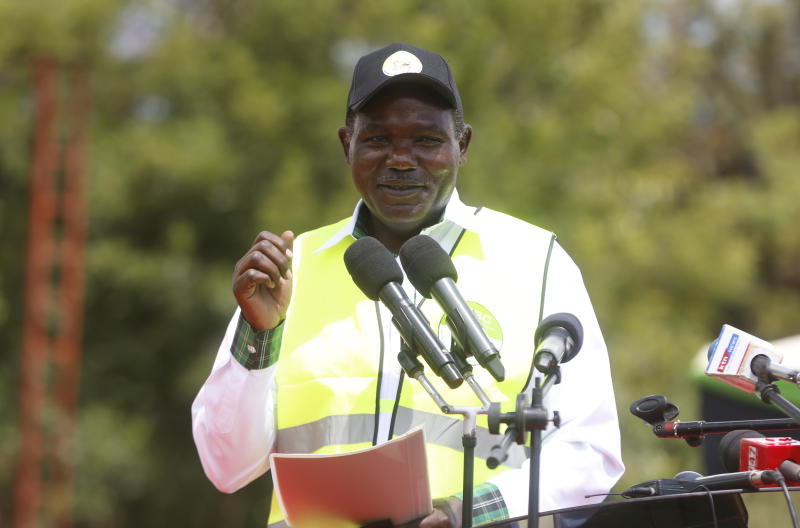×
The Standard e-Paper
Join Thousands Daily

Next year’s General Election is going to be a costly exercise, owing to the Covid-19 pandemic and the mistrust among political players.
The Independent Electoral and Boundaries Commission (IEBC) sought a budget of Sh40.9 billion, but the National Treasury allocated them Sh26.3 billion in the current financial year, which was ratified by Parliament. This leaves a deficit of Sh14.6 billion.